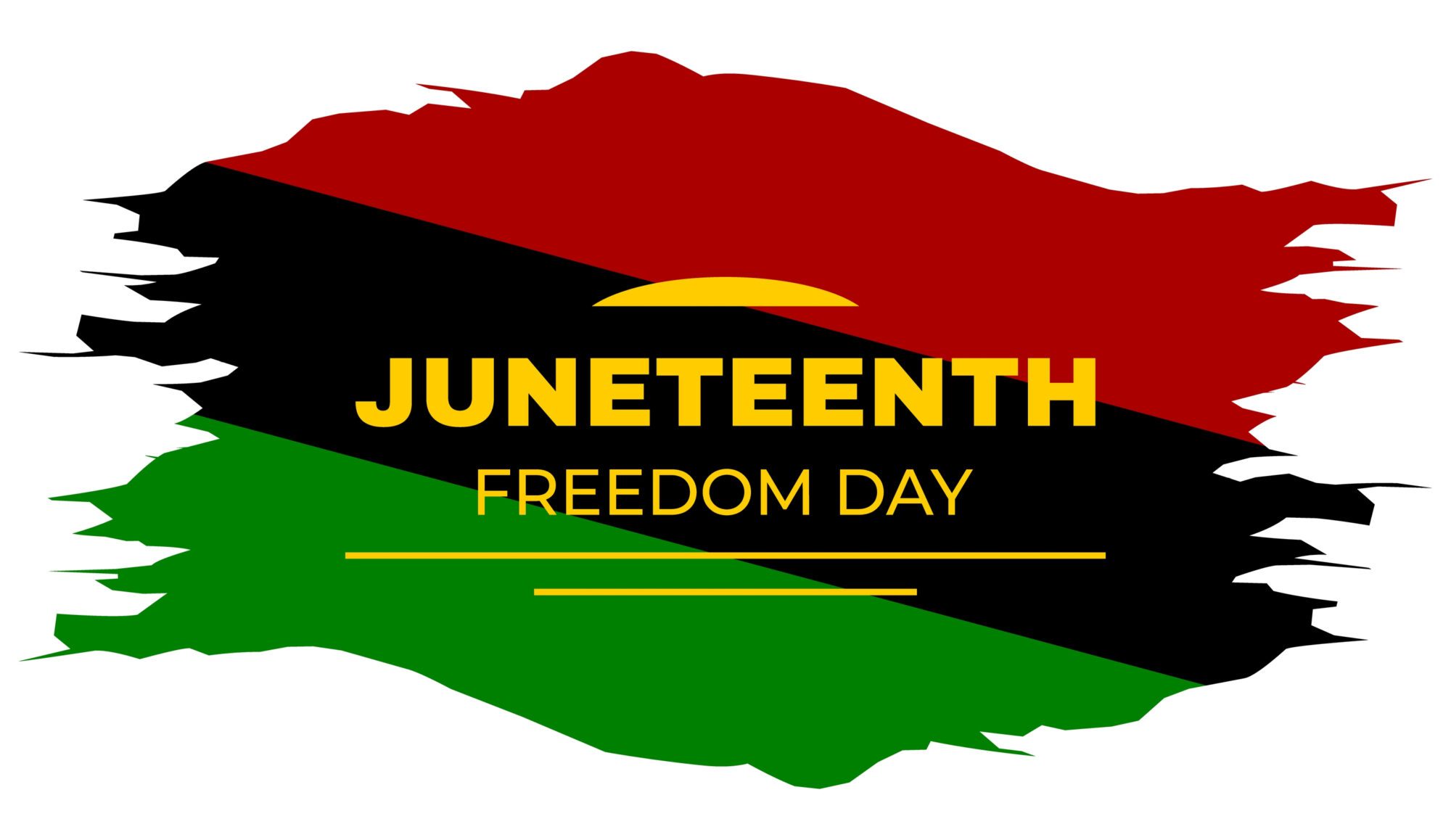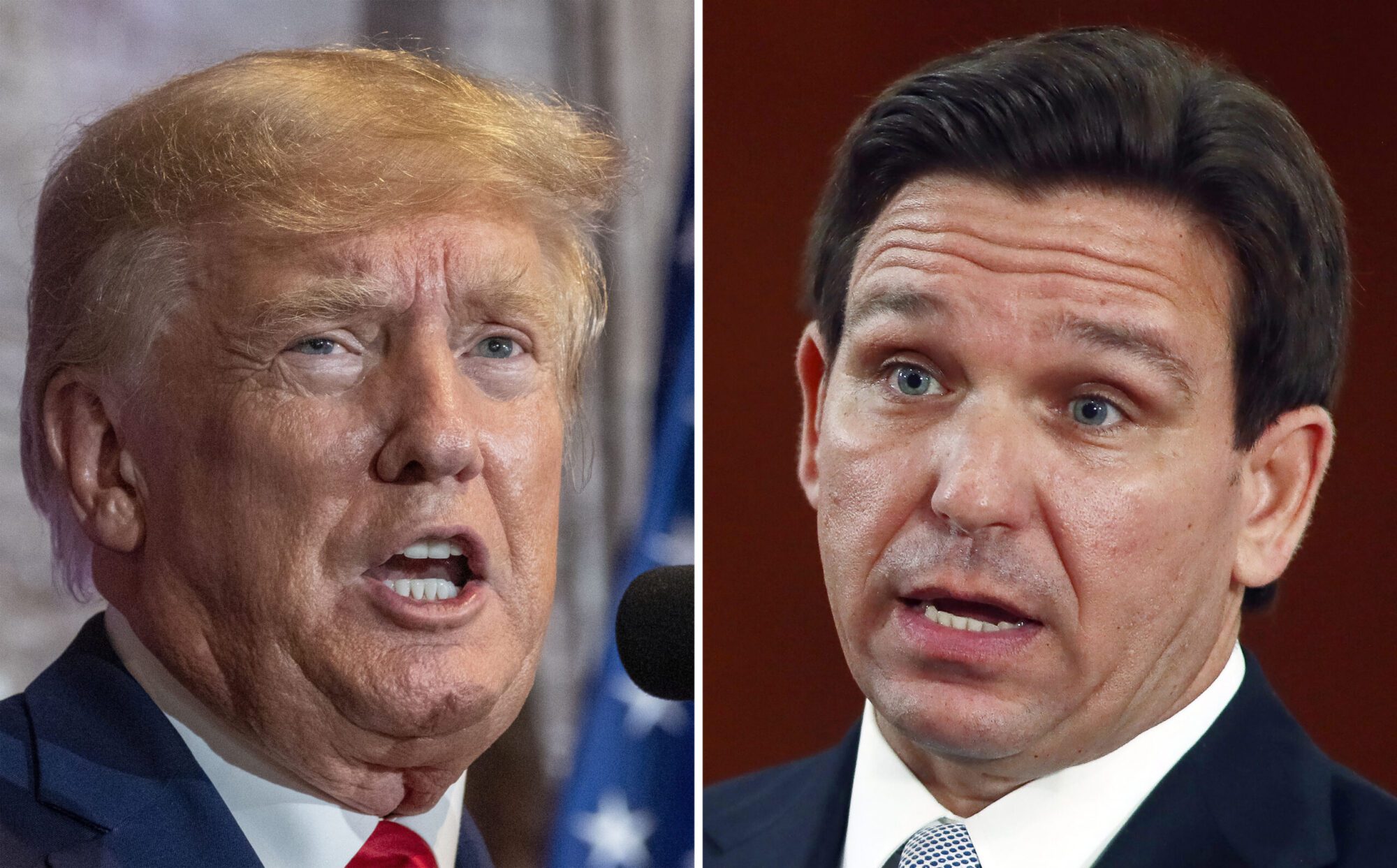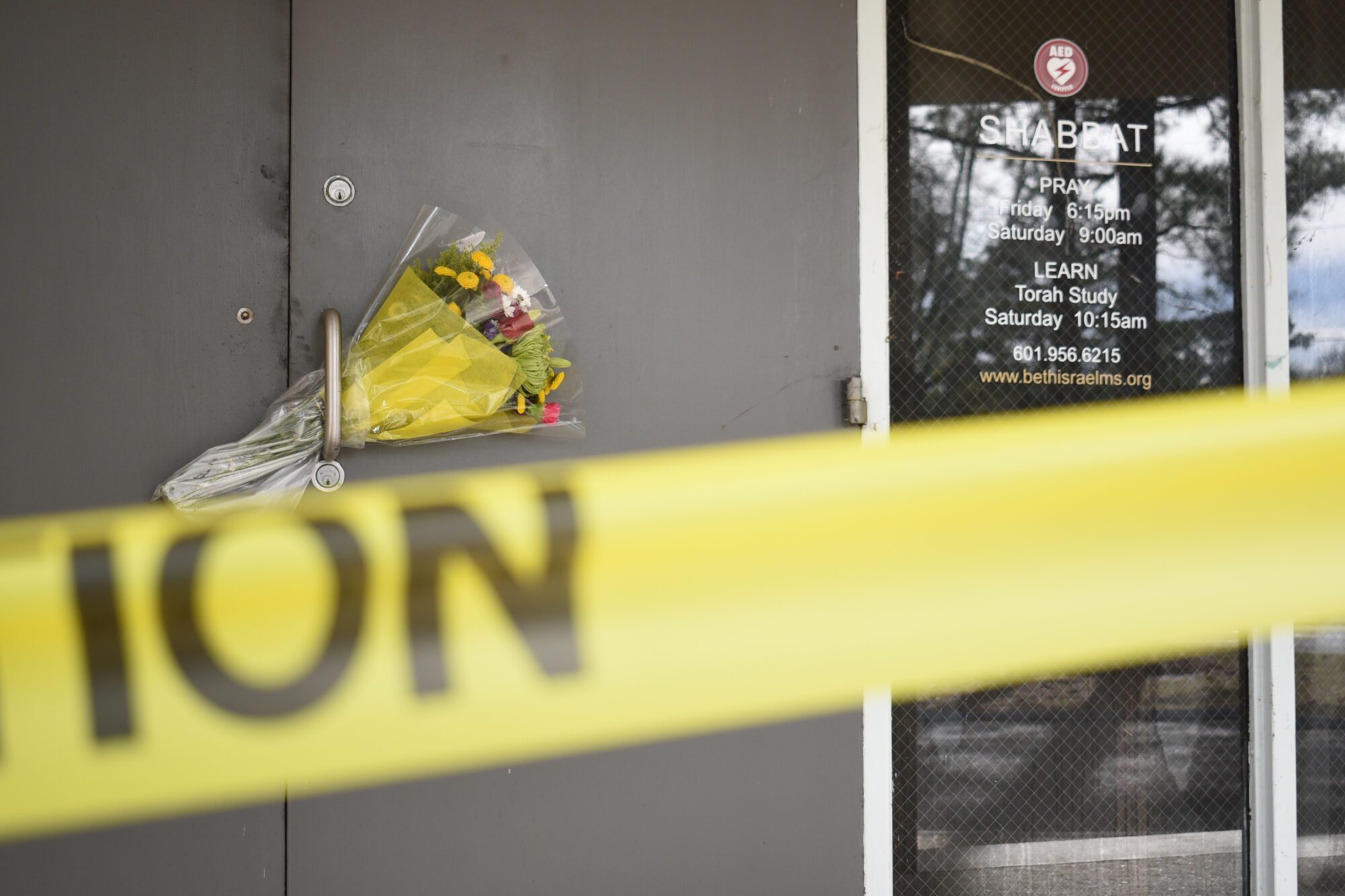
First the good news. There is a real effort in the Mississippi legislature that has the involvement of House and Senate leadership to make changes to the state flag.
The bad news is that it remains a steep uphill climb.
First, let’s talk about where the issue actually is from a public opinion perspective. Chism Strategies came out this week with a poll immediately gushed over and totally embraced without question by media outlets, both local and national, that said the issue is now a coin flip and is essentially within the margin of error. This issue of flags and even largely confederate symbolism (monuments and the like) are still “underwater” with Mississippi voters. If you had bet on Chism’s polling the last three years for political guidance in the state, you’d be broke. Even the Mississippi Today/NBC/Survey Monkey poll in 2018 said that Mississippi voters were against revising confederate monuments symbols by a 65/33% margin. Real, unbiased polling says that public support for flag change has been a 56 no/44 yes issue for a while and in light of recent events, it’s probably trended down to mid single digits but still marginally negative. A really strong funded and organized campaign focused on rural voters in Mississippi might be successful. In other words, changing the Mississippi flag is not a slam dunk by any measure from a voter perspective.
If you need any evidence of that, again, look to the 2019 elections. Tate Reeves faced two real well funded competitors, Bill Waller in the Republican primary and Jim Hood in the general election. Waller and Hood were both very much on the side of wanting to change the flag. Both got beat. That wasn’t a straight proxy, but if the flag change was overwhelmingly popular and on the top of voters’ minds, they missed two opportunities to get it done.
On Thursday and Friday, the Southeastern Conference and the NCAA came out with decisions to try to apply pressure to Mississippi to change its flag saying that, in essence, member institutions would suffer penalties if changes were not made. I had a friend ask me whether I thought the effect of those decisions would be to apply pressure for change or harm the effort. Truthfully, it’s both. While it certainly focused attention brought some urgency, it likely steeled the resolve of those who are against. Mississippians historically want to shake their fist at “outsiders” telling us how we ought to act, whether they’re right or not. More outside business/media pressure at this point would hurt and not help.
What could happen this week
There are three scenarios on the continuum of possibilities for this week. These are all actively being discussed at the capitol and among legislators this weekend.
- A straight up legislative vote to change the flag (likely the Mississippi State Seal flag or some variant shown above) and doing away with the current flag.
- A “flag alternative” solution that would advance another official flag for some period of time until a referendum could be held to affirm the final selection maybe coinciding with next year’s municipal elections
- A straight voter referendum on the flag.
Political calculus
On anything involving the flag this week, two things have to happen. First, a measure must get 2/3rds vote to suspend the rules and the Governor would have to sign (or the Legislature would have to override a veto).
Based on talking to members in both houses and both parties, a straight “new for old” legislative change is desirable to many (myself included), but not likely at all. Governor Reeves has said he would veto such a bill regularly and often and I don’t doubt him on that. 2/3rds vote on this is a HUGE hurdle and it will take every possible vote including rural white legislators from both parties where the issue is likely underwater among their constituents.
The political calculus on this issue for legislators will not likely be “sticking it to Governor Reeves”. This is the sort of vote that gets you a guaranteed grass roots primary opponent next election. And it’s not just Republicans. There are Democrats that are substantially spooked on this issue as well, which is curiously an angle (one of several) that Mississippi’s media establishment is totally ignoring. If you take Mississippi Today’s reporting at face value, Sen. Hob Bryan has said nothing. He has a 37% BVAP (black voting age population) and a flag change vote is likely underwater in his own district by 15-20%. In the House, Democrats like Rep. Johnathan Lancaster , Rep. Tommy Reynolds, former MS-03 Democrat nominee (now “Independent”) Rep. Michael Ted Evans, Rep. Tom Miles and Rep. Bob Evans are all silent/no comment on the issue. They know what a lot of rural Republicans know. While they might be for it personally, this is a tough vote that the majority in their districts with varying intensities are likely not for, and for a lot of these rural white Democrats, it could mean a likely loss to a Republican after a newly redistricted election in 2023.
I continue to believe that the “second official flag” solution is the most viable path in the short term to effect real change. It has a few things going for it.
- It improves the flag situation. Substantially and immediately. It’s not 100%, but it’s a whole lot better than nothing in the short term or a referendum 12-24 months from now.
- It could possibly get the 2/3rds needed from legislators the effort needs in tough districts
- It doesn’t carry a guaranteed veto from Gov. Reeves. In fact Reeves is on record publicly as saying he’d consider it.
- It gives rural legislators the ability to vote yes and correctly say that “no one is taking away anything from you” to their constituents who oppose flag change and provides a path for voters to affirm things under less politically heated circumstances down the road. Meanwhile the “new flag” would likely take up 90%+ of official use in cities, counties, business and federal official displays.
- This will likely mostly fix the SEC and NCAA issues (if not completely, at least mostly). They can claim some victory as helping to push needed change.
Additionally, having “In God We Trust” on the state flag is a huge win for evangelicals of all stripes. It likely gains support from center right voters not currently invested in any way on the Stennis flag and politically active evangelical groups like the Southern Baptists and Pentecostals who would see a more public affirmation of God as a good thing. Faith leaders, both black and white, would be in favor. It also gives Gov. Reeves a “win” as he is someone who has certainly led with his faith during his tenure.
And, yes, I get that local and national media figures and the liberal elites would demagogue this solution with righteous indignation to no end. They’ll falsely characterize it as “separate but equal” or use false and intellectually lazy comparisons to Plessy vs. Ferguson, which involved making separate public accommodations based on race, which this solution does not do. They’ll try to scare legislators off even though the intent is to clearly make quick and meaningful progress on this issue. But no one has demonstrated another great viable political option at this point. We are choosing from an array of less bad options. More on that in a moment.
The “referendum” approach is essentially a legislative/gubernatorial punt. It allows everyone to dodge accountability for the issue. I think a referendum on the flag vote without first advancing an official alternative in the short term would be a nightmare for our state. For those who don’t remember 2001, it was filled with vitriol and the worst politics from both sides. It would be a bitterly fought campaign that I think would reflect poorly on our state. And there’s a straight up 50/50 chance that it would lose. To do it correctly, where it would be more likely than not to win, that would take 12-24 months. There’s no scenario that it would be put on the November 2020 ballot. None. That would be terrible for Republicans. There is maybe some talk of a “snap” referendum in the next 60-90 days but with COVID-related issues and the real chance that a ballot initiative that fast could fail, that’s a tough political gamble for all.
What people need to understand about the other side
What people who want to change the flag, who trend younger, more urban and more center and center left of the political spectrum, need to understand about the mindset of those that are hesitant to change the flag is that it doesn’t necessarily come from a defense of being wrong on race. What people who don’t necessarily want to change the flag know is that this effort to rename confederate memorials, remove statues and literally rewrite our state’s history will not end with this. And Mississippians who support this change, particularly white Mississippians, will get no “credit” for making this change. The national media, Hollywood elites and even the local media will continue to look with disdain upon Mississippi voters and instead of acknowledging progress, the narrative will invariably be “why did it take so long” and “what’s next on the list of things to change while we have the other side on the defensive”. Mississippians who would largely be against change are conditioned to believe (justly in my opinion) that the media hold them in utter disdain and those people are generally right to be reflexively against what they hear in the mainstream media.
Those in the media and on the left side of the political spectrum want a complete and total capitulation not just from people who don’t want to change the flag . . . but from Republicans in particular. In other words, they’re not looking for just an issue win . . . they’re looking for a political win. A wise Mississippian once wrote, “The main thing is to keep the main thing, the main thing”. He’s right. If the main thing is to get a new flag as soon as possible, it can get done without shoving peoples’ politics down their throats. In fact, it likely won’t get done that way.
What people who don’t want to change the flag, who trend older, more rural and more center right on the political spectrum need to understand about the mindset of those that want to change the flag is that they feel that this symbol does not represent them or unify the state. They feel it’s a visual mark on the state that is associated with Mississippi’s past transgressions on civil rights (done by official actions of the state itself) that they can’t seem to escape. The confederate battle emblem has unquestionably been co-opted by racists as a nod to a less than equitable past. That’s not to say all confederate flag flyers all racists. But there’s certainly a subset of them that are and having it on our official state emblem, from the perspective of people against the current flag, imparts a sort of “wink wink nod nod” that the state officially is still with them . . . even when it’s really not.
Affirmation
It’s hard to accurately describe how fragile this effort is. The clock is ticking with likely a week or so left on the legislative session. The hurdles are high. Public opinion on a really emotional issue is a coin toss (at best).
Pro flag change people need to affirm publicly that they understand that this is a tough issue and not just cut and dry. There will certainly be the shrill media and political voices that demagogue this for sport and personal gain. Having rural and evangelical voices say that “this is OK” and “it’s time for us to change this together” is key. There have been plenty of mostly Jackson-centric business voices saying that. MEC is an important voice in the state, but is seen as the “establishment” and it needs to take a back seat on this issue. Metro business leaders are not who has to get converted on this issue. This issue has to get won in rural areas. Having the Delta Council come out for a flag change last week was a big deal. We need more of that. Having Legislative Black Caucus voices not demagogue the issue (despite massive pressure from their base to do so) and publicly say “we get that this is a hard vote” and that “this is something we need to come together on” will help.
Our Civil Rights journey in Mississippi and nationally has been filled with compromises. Not all of them have been pretty. But history tends to remember the action and not the process that led to it.
My hope is that Mississippians will find common ground on this and make a positive change this week.










